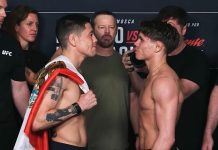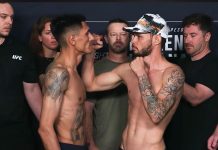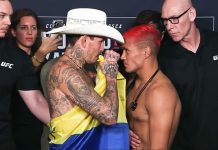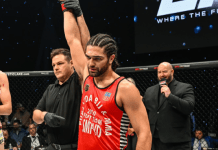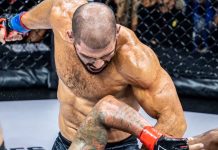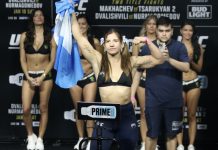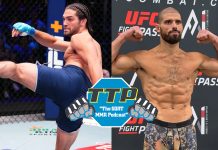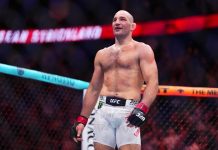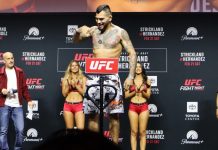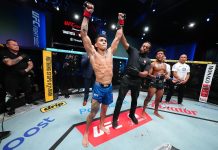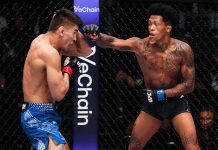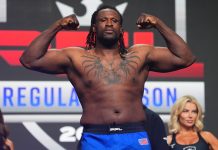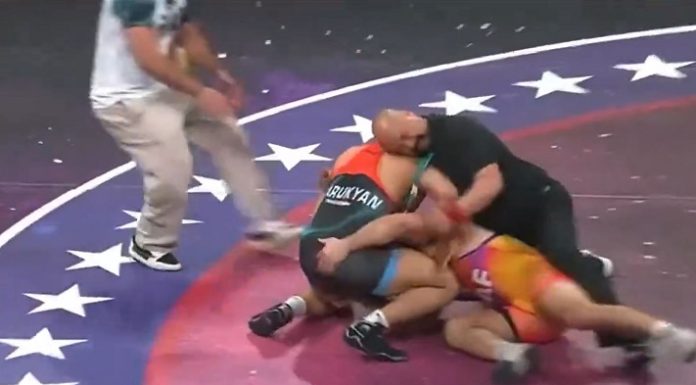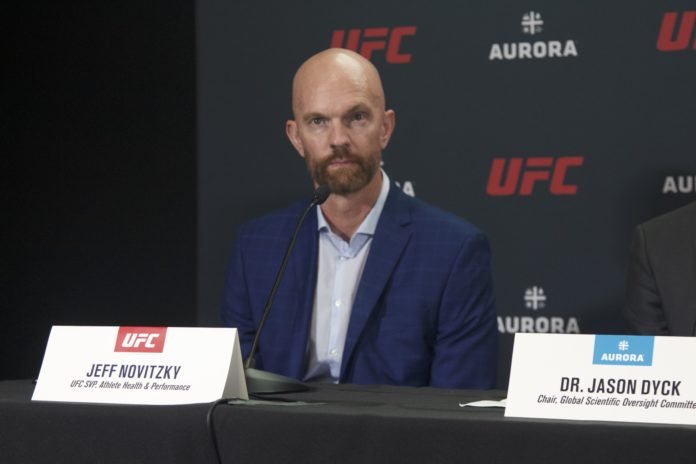
The UFC has modified its Anti-Doping Policy and, along with USADA, introduced a list of agencies whose approved supplements will be the only option for UFC fighters.
Following the Nate Diaz debacle ahead of UFC 244, the UFC and USADA have formally announced changes to the promotion’s beleaguered Anti-Doping Policy.
In a statement Monday, promotion officials revealed the the UFC Anti-Doping Policy will now feature a “UFC Prohibited List” — a list “which sets forth decision concentration levels, or thresholds, for various substances that have been proven, on a scientific and evidentiary basis, to be regularly found as contaminants at levels that would not provide an athletic performance enhancing benefit.”
In other words, if your tainted supplement contains mere picograms of a banned substance, you’re likely off the hook.
Tongue-in-cheek responses aside, the company is also cracking down on the use of substances by its athletes, directing them only to use supplements approved by a small list of agencies. The five agencies given the green light by the promotion Monday are as follows:
(1) NSF Certified For Sport
(2) Kolner Liste (Cologne List)
(3) Informed Sport Trusted by Sport
(4) HASTA (Human and Supplement Testing Australia)
(5) BSCG (Banned Substance Control Group)
The promotion has also paired up with supplement manufacturer Thorne “to provide UFC athletes with certified supplements through the UFC Performance Institute.”
“Putting forth a fair anti-doping program with due process protection is integral to having a strong and comprehensive program,” said UFC Senior VP of Athlete Health and Performance, Jeff Novitzky in Monday’s statement, which can be found via UFC.com. “A combination of the pervasiveness of low level contaminates in our environment and the increased levels of testing sensitivity of anti-doping laboratories has created an explicit need for decision concentration levels to ensure that the program is penalizing intentional cheaters and not those athletes who have been faithfully adhering to the anti-doping policy.”
While athletes now have a little wiggle room based on concentration levels, it’s important to note that they are also required to stick with approved supplements — which will hopefully result in fewer contaminated supplements coming to light. Or so one would hope.

